"Your concerns about illegal migration and the Marrakesh Agreement are absolutely understandable", the President's response apparently said. "However, in this case, the problem does not concern taking in illegal migrants. The Office of the President is not involved in the negotiations on the [Marrakesh] Declaration in any form. We can refer you to the Ministry of Foreign and European Affairs, which is handling those activities, for details."
The Marrakesh Agreement, which was made and signed by 60 countries, including Croatia, last May, will be discussed and officially accepted on December 11 and 12 in the eponymous city in Morocco.
The little known agreement has meanwhile become a new undesirable document in the right-wing circles. From some of them comes the triumphant news that President Kolinda Grabar-Kitarović has said she would certainly not sign it.
Apparently, however, the President has no authority either to sign that document or to refuse to do so. We have also learned from a source [in the President's office] on Pantovčak, that she has nothing personal against its content.
"The President will not sign the Marrakesh Agreement, because there is nothing to sign", the source told us. "It is a document that will be on the agenda of the December 10-11 meeting in Marrakesh. It is accepted at the political level. The President will not be in Marrakesh, but nothing will be signed there anyway."
Targeted by the right wing
In Croatia, little is known about the Marrakesh Agreement,which may be the reason for various misinterpretations and insinuations, not the least of which is the claim that the president will reject it by withholding her signature. The latter is simply not true.
In the center of the controversy is a global compact on safe, orderly and regular migration, and applies only to those regular migrations. Other kinds of migrations encountered today are not the subject of this document, and they do not enjoy international support, either.
Croatia is already on the list of the 60 countries that signed the Marrakesh political declaration on May 2. The document is accompanied by an action plan that seeks an "approach based on human rights", "protection of vulnerable migrants" and the development of contacts aimed at combating "xenophobia, racism and discrimination".
Those principles are the reason the Marrakesh Declaration has become a target of the right wing across Europe. A harangue has sprung up on numerous web portals, from Sweden across Slovenia to Croatia, claiming that tens of millions of Africans will rush to Europe upon the acceptance and that the countries will not be allowed to send them back, regardless of whether they come legally or not.
Wild movements
In fact, the Declaration explicitly stresses the fight against illegal immigration and the help to the return of migrants. All EU member countries have signed it except Hungary. "We need to get out of the vicious cycle of disorganized and wild movements in order to establish trust in those migrations that are positive for all," said European Commissioner for Migration Dimitris Avramopoulos.
In December, Morocco will be host to the UN meeting at which the Global Agreement on Safe, Orderly and Regular Migration, the so-called Marrakesh Agreement, will be signed. Donald Trump, Viktor Orban and Sebastian Kurz have announced in advance they would not sign it. The content of the new agreement was agreed upon early last summer at the UN General Assembly. The goal is to create an international framework for migration management.
As far as the public knowledge goes, the Croatian government has not objected to the UN agreement. Indeed, in her recent address to the UN General Assembly, Grabar-Kitarović explicitly welcomed "the successful conclusion of negotiations on the Global Compact for Safe, Orderly and Regular Migration". In the address, she sad: "We believe that this catalog of targeted measures and best practices can lead us to seek the best solutions in a more coordinated way and with a better outcome. I look forward to our meeting in Marrakesh in December and I welcome all the efforts of the UN Special Representative Louise Arbour." The text of the speech can be found on the President's Office website.
Migrations
When it comes to regular migration, the attitude of Grabar-Kitarović is well known, say sources on Pantovčak. It is no different from the position prevailing in most EU countries. There is no mystery here. Any parallels to the ratification of the Istanbul Convention, such as those recently coming from the right-wing circles, are misplaced.
The document originates from the intention of the international community — at the time when the entire world is under pressure from migration — to produce a document that would contain the best practices and measures to manage the regular migration. There are 23 goals, none of them imposed. It is left to each country to accept or reject the recommendations.
"After all, everything is harmonized at the level of the European Commission," says our source, pointing out that the document respects the sovereignty of each country and does not meddle in the national policies. The way to deal with refugees has already been regulated in international law and through the Geneva Convention, and now also with the new Global Compact for Refugees.
Guidelines of the Agreement
— Approach to the migrant crisis based on human rights
— Protection of migrants in vulnerable situations
— Development of contacts aimed at combating "xenophobia, racism and discrimination"
— Fight against illegal immigration and help to the return of migrants






